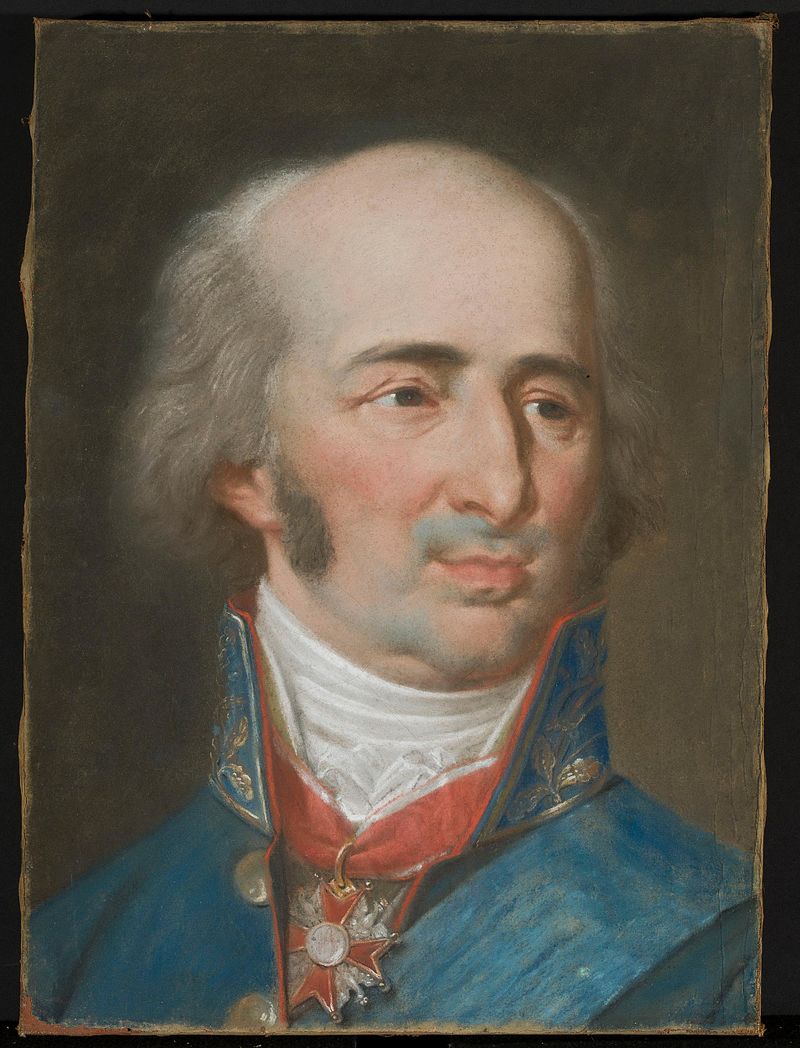On 28 August 1765, Tadeusz Czacki, a Polish pedagogue, historian, geographer, bibliophile and founder of the Krzemieniec Lyceum, was born in Poryck in Volhynia.
In his youth, he stayed in Gdańsk, which sparked his interest in the economy, especially trade. Between 1784 and 1786, he worked in the Bullion Commission, which dealt with the search for mineral resources, and the Crown Treasury Commission. He campaigned for the development of Polish trade through Gdańsk and for remaining that city in Poland. He adhered to modern economic views, including the idea of a balance between exports and imports of goods, a strong national currency, the development of crafts and equal rights for groups involved in trade, including Jews.
He co-authored a project for the geodetic survey of Poland and a hydrographic map of the country. With the aim of modernising agriculture, he undertook an innovative project to build a network of meteorological stations around Vilnius. Czacki was a co-founder of the Warsaw Society of Friends of Science. He worked on the development of education in the Kresy (Borderlands), visiting schools in Volhynia, Podolia and Kiev.
In 1805, he established in Krzemieniec a semi-secondary school for the so-called Partitioned Territories, called Liceum Krzemienieckie. Czacki assembled an outstanding teaching staff to educate talented students, regardless of wealth and social background. He equipped the Lyceum with natural science rooms, a botanical garden, a library and a printing house. In his will, he bequeathed to the institution his family book collection (1,500 manuscripts and approximately 32,000 volumes). Unfortunately, the Lyceum was closed down by the Russians after the November Uprising, and the book collection was confiscated to the library of the university being established in Kiev. The school was revived during the Second Republic of Poland.
Czacki left important scholarly works, including a treatise “On Lithuanian and Polish Laws”, as well as works on the customs, history of statehood and economy of both countries. He conducted statistical studies of the nations living in the Republic. He died on 8 February 1813 and was laid to rest in Poryck. His grave did not endure – it was destroyed, together with the church and the palace, by a detachment of Ukrainian nationalists in 1943.





